What is a QRC in Minnesota?
The objective of a Qualified Rehabilitation Consultant (QRC) is to help injured workers return to suitable gainful employment. QRCs accomplish that by communicating with doctors and employers about restrictions, helping with job searches, and arranging retraining. That process is called vocational rehabilitation.
Employees have the right to choose their own QRC. Employees also have the right to have an attorney in any dispute about vocational rehabilitation.
Why Would an Injured Worker Need a QRC?
Injured workers can face multiple barriers to their return to work. To name a few common ones:
Doctors may not explain activity restrictions clearly or completely;
Employers may not explain job requirements clearly or completely;
Employers may need prompting to explore light-duty work availability;
Injured workers may be unable to identify job opportunities that are available within their medical restrictions; and
Injured workers may need training, licensure, or education to qualify themselves for work available within their medical restrictions.
QRCs are licensed and trained to identify and solve those problems. They contact employers to understand the physical requirements of the job. They clarify with doctors what the employee can and cannot do. They work with employers to find work within the employee's medical restrictions.
Sometimes there just isn't any work available to injured workers with their employers. QRCs will help injured workers find work elsewhere, as close in pay as possible to what they were making before the injury.
The objective is to restore injured workers to the economic status that they had before the injury. If that is not possible based on their qualifications and restrictions, the Qualified Rehabilitation Consultant may help set up retraining.
Who is Eligible for Vocational Rehabilitation?
Injured employees are eligible for vocational rehabilitation services when these three things are true:
The employee cannot do their usual job anymore because of the work injury;
The employer cannot provide suitable gainful employment; and
Vocational rehabilitation will benefit the employee.
A QRC will do an initial rehabilitation consultation with the employee and assess whether the employee meets those requirements. The QRC will then write out a plan to help the employee return to work (a rehabilitation plan). He or she will file the rehabilitation plan with the Minnesota Department of Labor and Industry.
Right to Choose a QRC
The insurance company may assign a QRC to meet with the injured worker. However, employees have the right to choose their own QRC within 60 days. It is important for injured workers to carefully consider this choice.
There is a reason that the Minnesota Workers Compensation Act specifically allows injured workers to choose their own QRCs. There may come a time when the employee and the workers’ compensation insurer disagree about the rehabilitation plan. Most people would rather have a QRC that they chose, than one chosen by the other side.
Disputes About Vocational Rehabilitation
It is very common for work comp insurers and employees to disagree about rehabilitation benefits. These disputes can be resolved relatively quickly by an arbitrator at the Department of Labor and Industry. Commonly disputed issues include:
Whether the Employee is entitled to a rehabilitation consultation;
Whether the Employee is a qualified employee for rehabilitation benefits;
The content of the rehabilitation plan; and
Whether the Employee is entitled to retraining.
Employees have the right to be represented by an attorney in these disputes. If the dispute involves only rehabilitation benefits, then the employee does not have to pay attorney fees.
LawSmith PLLC is a legal practice that represents employees in workers' compensation cases. A free consultation with an experienced workers’ compensation lawyer is available to Minnesota injured workers on request.





